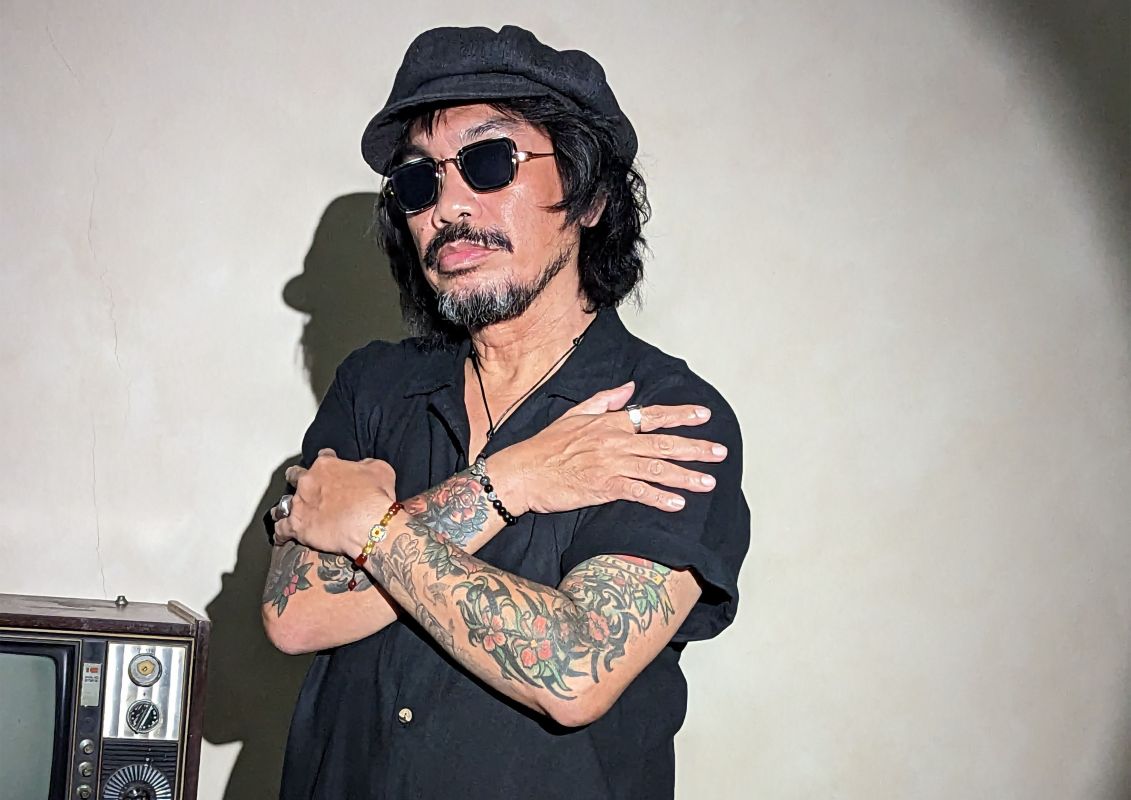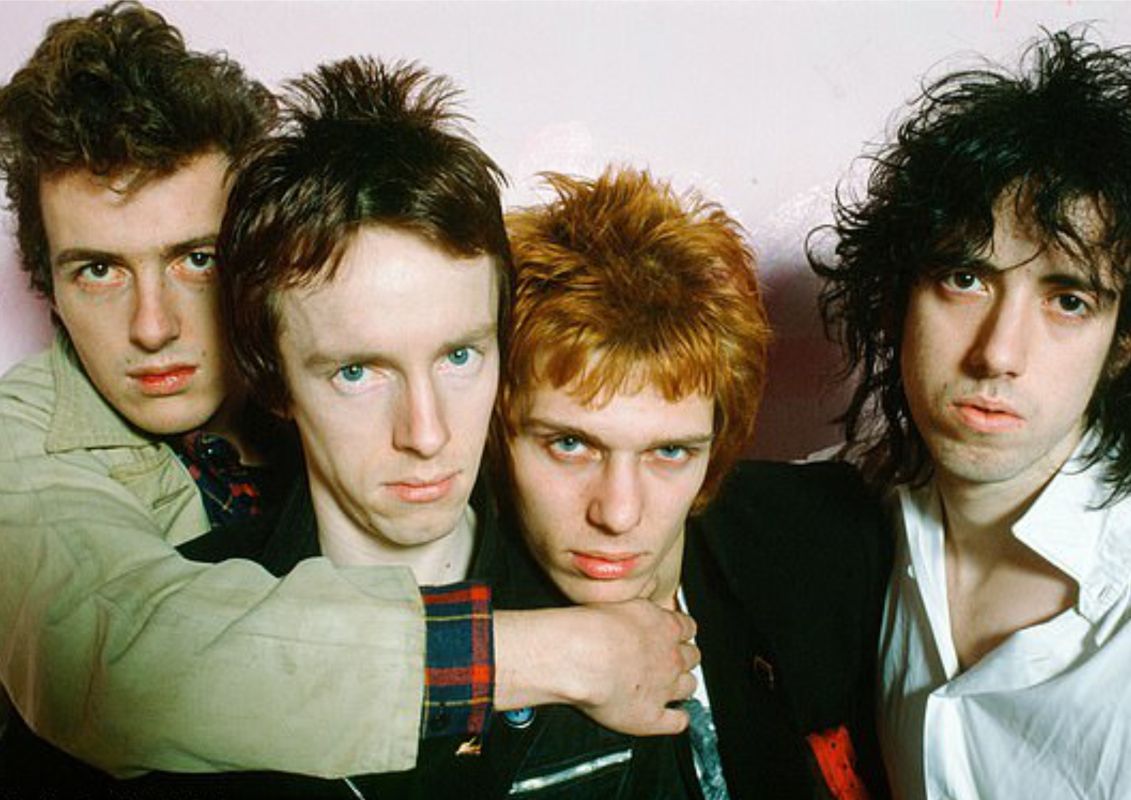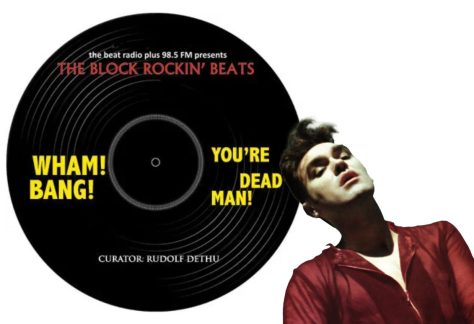
On this date in 2019, Michael Putland died at age 72. The English music photographer was said to have snapped every major musical star, from ABBA to Zappa.
Born in 1947 just outside of London, Putland took up photography at the age of 9. He left school at 16 and began working in a photographic studio in London. From 1965 to 1967, he assisted Walter Curtin, a Time-Life photographer. By 1971, Putland was the official photographer for the British music magazine Disc & Music Echo. His first assignment for them that year was to photograph Mick Jagger in London. Two years later, Putland was hired as the tour photographer for The Rolling Stones 1973 European Tour.






In 1999, Genesis Publications produced a limited edition book, Pleased to Meet You, containing 400 images of the Rolling Stones by Putland.
In April 2019, he published The Music I Saw, which pairs images of the many stars he captured over his 50-year career, including the Rolling Stones, the Cure, and Donna Summer.

💧 You mignt also like THE DISAPPEARANCE OF THE WOMAN.
⎯⎯⎯⎯⎯
All photographs by Michael Putland.










